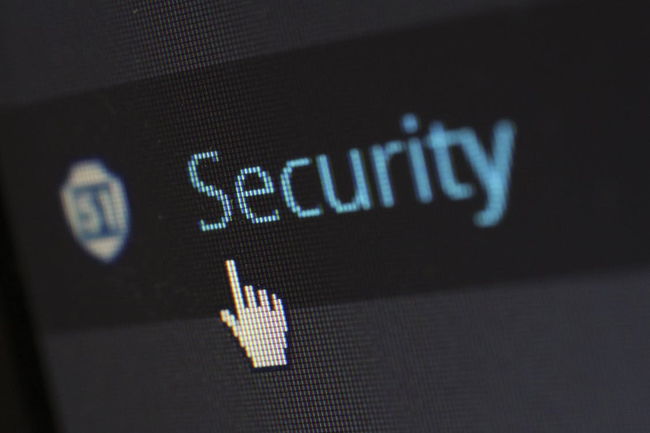 The power of the internet has bought a plethora of benefits to small business owners the world over. You can now set up and run your business from your kitchen table if you want to. The multiple lockdowns have shown that but it is not without its perils. Running your business online can bring with it some cyber security pitfalls that could cost you more than just your profitability. In order to keep your small business safe online, follow some of these simple guidelines.
The power of the internet has bought a plethora of benefits to small business owners the world over. You can now set up and run your business from your kitchen table if you want to. The multiple lockdowns have shown that but it is not without its perils. Running your business online can bring with it some cyber security pitfalls that could cost you more than just your profitability. In order to keep your small business safe online, follow some of these simple guidelines.
1. Choose your website hosts carefully
Business websites need to be functional but more importantly, secure. Choose a hosting provider that is going to be secure from hackers and offers a reliable service, especially if you are going to be taking payments via your website. A good hosting provider will offer regular back-ups and assurances over their security capabilities. They will also be able to provide your website with an SSL certificate, which authenticates a website’s identity and enables an encrypted connection. It is generally viewed as a more trusted website if it carries an SSL certificate. Some browser systems may not allow access to websites without an SSL certificate.
2. Creative passwords
The days of your passwords all being the same or consisting of the word PASSWORD are long gone. When it comes to your passwords, here are a few best practices that you can follow:
- A mixture of lower and upper case letters spread randomly throughout the word
- Use numbers and letters
- Use special characters
- Do not use the same passwords
- Change them regularly
3. Double lock accounts
More and more software is requiring the use of double authentication. This means that aside from inputting a password, you also need an authentication code that is sent to a device or account of your choosing. Using third-party services such as Authy is a great and secure way to use two-factor authentication.
4. Back up regularly
Regular backups are one of the best ways of protecting your data. Backing up on a regular basis will ensure you can recover any data or files in the event of a system failure or cyber-attack.
5. Anti-virus software
Protect your systems by paying for professional anti-virus and anti-malware software and be sure to set up a Firewall. A firewall will block any incoming data that is deemed a threat to your system. When it comes to choosing your anti-virus software, don’t be tempted to skimp on the expense, especially if you are handling sensitive data. If need be take professional advice on which package would be best suited to your needs.
6. Professional input
Speaking of professional advice it may be in your company’s interest to undertake professional services. This might be particularly relevant when you are handling financial or medical data for example. Professionals such as IT services provider Securelogic, are able to handle all of your cyber security needs and more. Not to mention it will give you much-needed peace of mind and free up your time to meet those deadlines.
7. Update your software
Out of date software is much more susceptible to potential hacks or intrusion so be sure to keep all of your computer systems and software running on the latest updates.
Pingback: How to Respond When Another Company Stole Your Idea – Work at Home Wife and Mother
Pingback: How to Respond When Another Company Steals Your Idea – Work at Home Wife and Mother
Comments are closed.